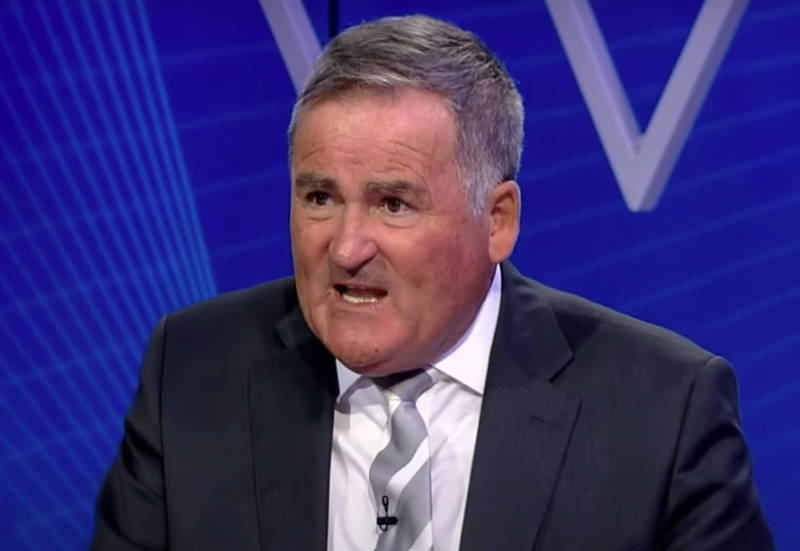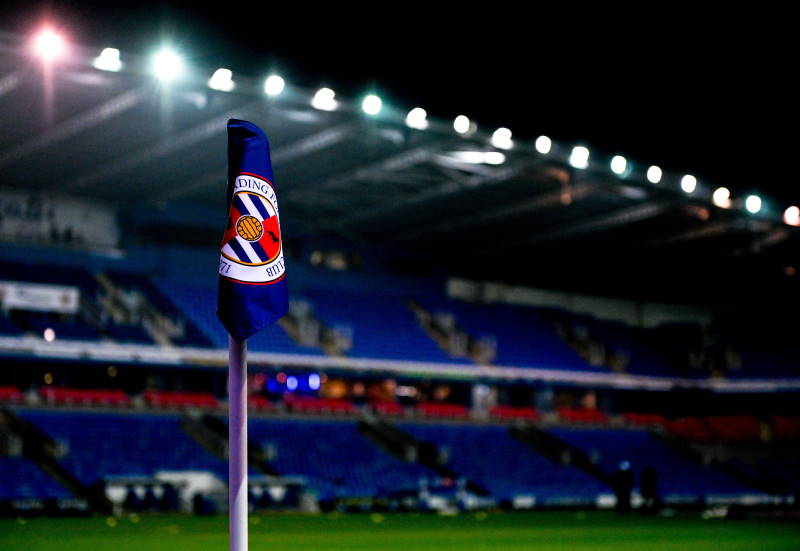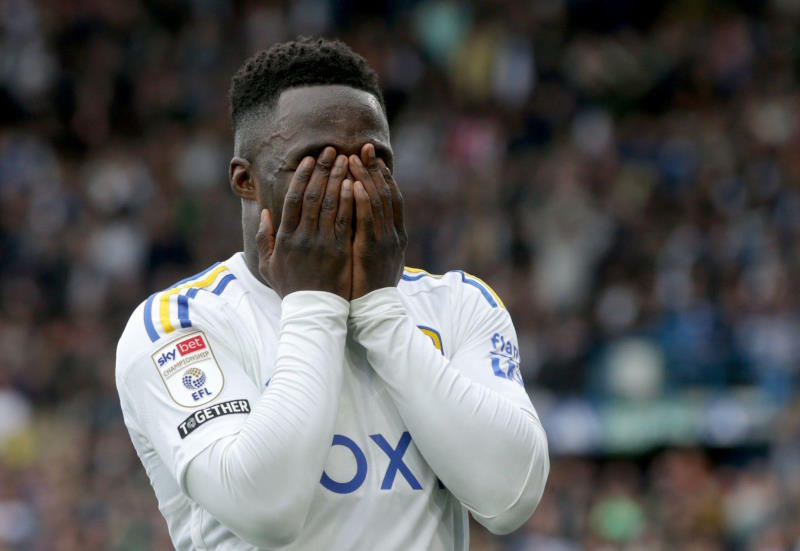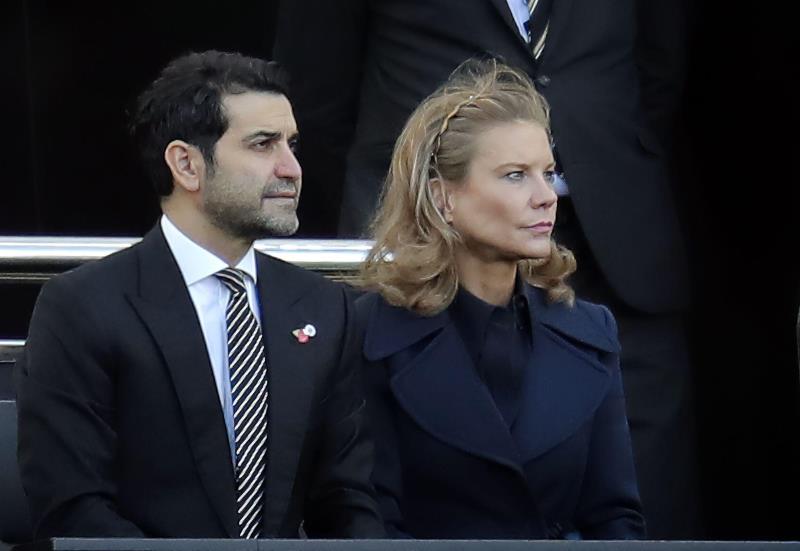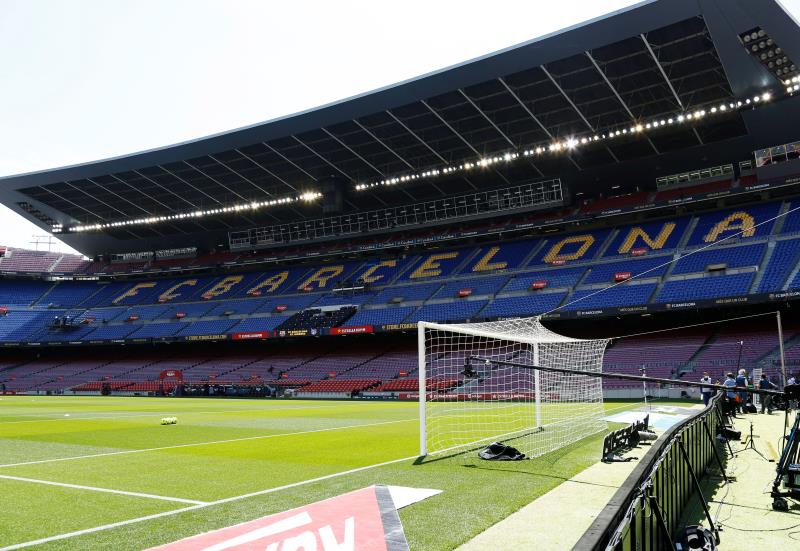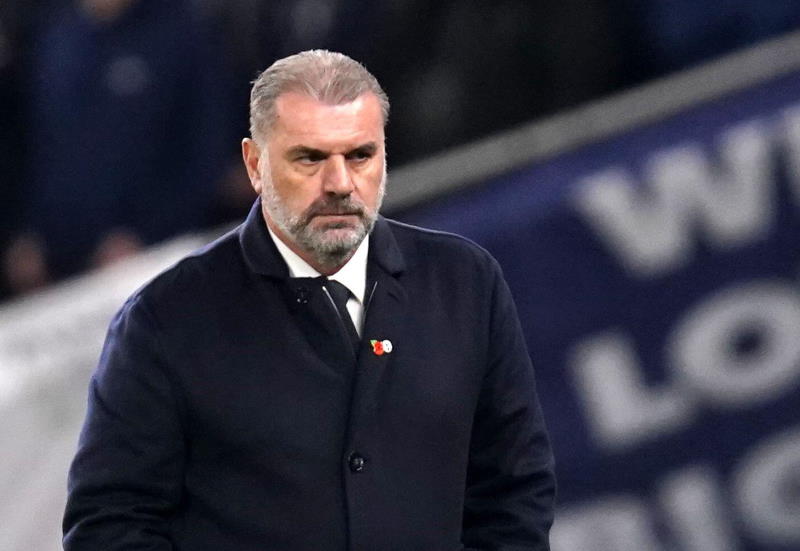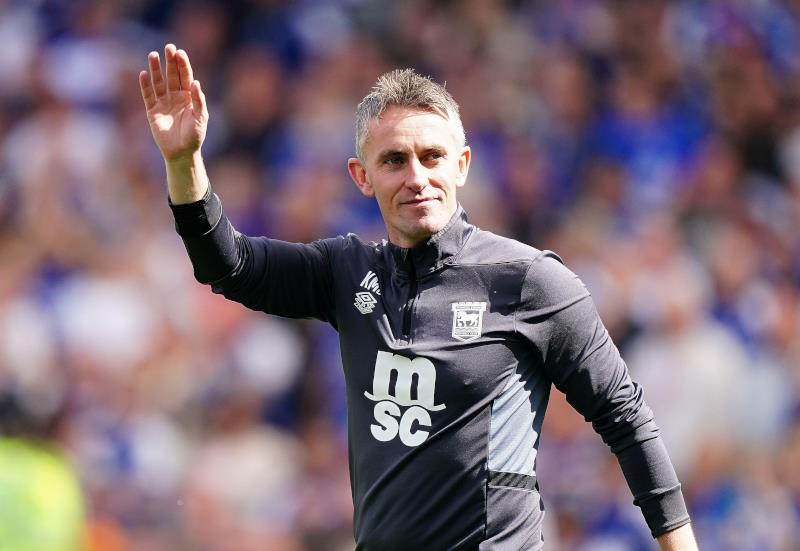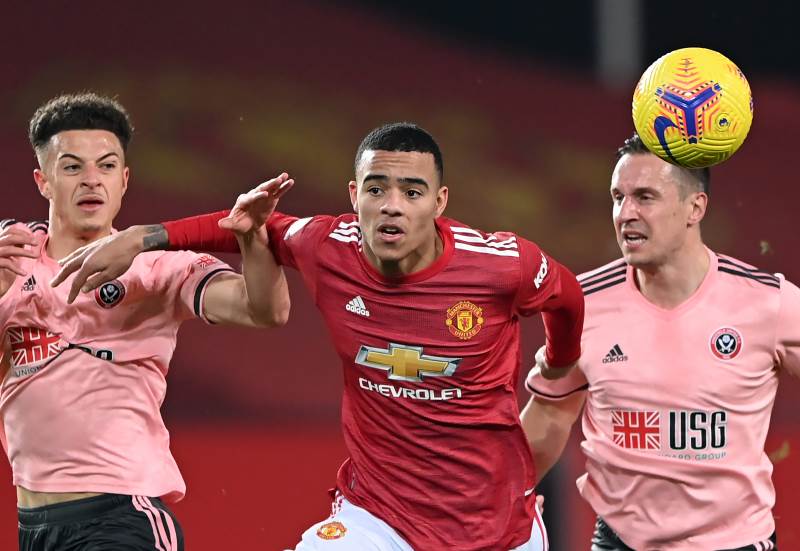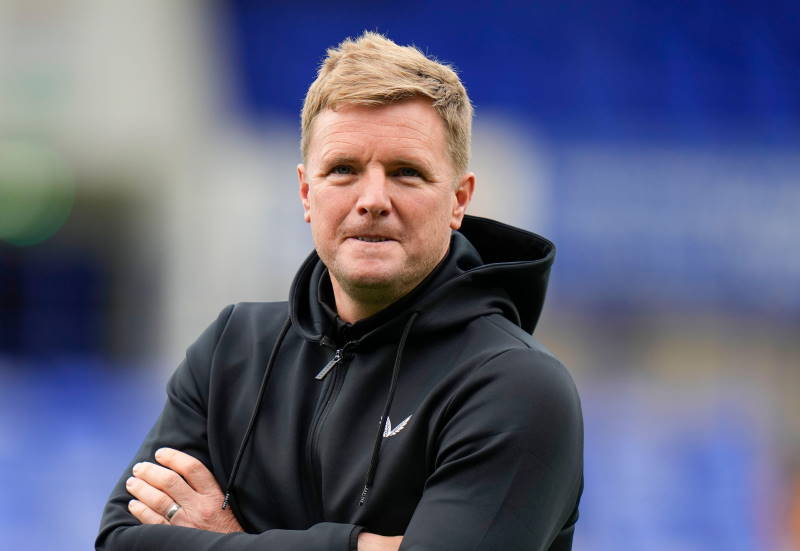
Scott Musgrave
Yet another casualty of the topsy turvy Eredivisie season through failure to reach his ‘own goals’. Marco van Basten has gone the way of counterpart Huub Stevens by resigning after believing that he could take the club no further, and after missing the targets he set himself for this season. After being thumped 4-0 by Sparta Rotterdam, a side expert at destroying big clubs’ dreams, the Euro ‘88 winner left his post.
In his first appointment in club football, at one of his former sides, Ajax Amsterdam, the generally tactically inept manager led Ajax to its first placing higher than title rivals PSV Eindhoven for some years, albeit still in third place and thus missing out on Champions League football. It was obvious that something was going wrong when the Amsterdammers shipped six goals against a resurgent Eindhoven outfit at Philips Stadion, and the rot seemed not to stop with the most recent loss at Sparta.
What is there to criticise about van Basten and his style of management? There seems to be more than enough in truth. After starting off reasonably well in the first half of the season, occasional losses started to take their toll, and once captain Klass-Jan Huntelaar was sold after Christmas to Real Madrid prospects for the remainder of the season looked considerably worse. AZ Alkmaar and FC Twente started putting their foot on the accelerator and Ajax found themselves left in their wake, without their talismanic striker and leader on the pitch to help them.
It would be silly to postulate that Ajax were going to be serious title contenders after the transfer of the Oranje striker. Dario Cviantich, a young Croat-Argentinian was a temporary replacement, taking a few chances and looking more and more like Huntelaar’s obvious replacement, but lacking the maturity of the Real Madrid forward, he quickly proved not to be the answer. Uruguayan Luis Suarez kept things in perspective by knocking in over 20 goals at time of writing for the legendary club, but it was not enough as the defence looked ever vulnerable. Missing the likes of Johnny Heitinga and the screening play of an Edgar Davids or Hediwiges Maduro type player, the defence was left exposed on more than one occasion. The addition of Oleguer from Barcelona should have been the solution to the problem, along with Eredivisie veteran Rob Wielart, however holes were not plugged and quality strikers were always going to score against a disorganised defence, even if in mitigation it was a relatively new defence.
His teams’ backlines have been one of van Basten’s weaker points when analysing his management so far. In his spell as national team coach problems were evident in defence. It can be argued, as it often has been, that the quality available was not adequate as the national pool was rather thin in defensive areas, however it seems with van Basten’s most recent escapade at Ajax it might be down to the coach himself as there is more talent for him to draw on, and the transfer market was an option to plug the holes. Van Basten’s major Ajax signing was not a defensive one, but that of attacking midfielder Miralem Sulejmani, who has done well for the Dutch club in his few appearances, but has not fully taken the Eredivisie by storm.
Defensive concerns may not be through any fault of van Basten himself though as it would be prudent to assume there has been a bit of board interference the transfer dealings of such a successful and renowned club. Given that, it could be harsh to judge van Basten for his inability to bring in players he felt could make the difference in the title race.
The situation at Ajax remains difficult as the club have long been trailing PSV, and most recently AZ and Twente. Having to sell their brightest talent every couple of years or so has definitely not helped the capital club and it is possible that this has had a far reaching effect that is linked directly to poor management of the club and team.
The pressure for success at Ajax mounted on van Basten, and expectations were high, particularly after his relative success with the national team at Euro ‘08. Perhaps van Basten couldn’t take the pressure of managing a major club, especially one he starred for so much as a player.
Time remains on van Basten’s side as he is still a relatively young manager. It may be worth the Dutchman taking smaller steps in future in his quest to reach the top of the coaching tree as he seeks to realise his ultimate goal of managing the most prestigious clubs in Europe (AC Milan is a long term ambition). One day we might again hear van Basten’s name on the lips of many fans, but whether it will be uttered in praise of his managerial talent, rather than just of his time as a striker only time will tell.
Related Articles:
- – Real Madrid Oranje Obsession Good for Dutch
- – Traditional Eredivisie Order Being Washed Away
- – Cow Country to European Contender

